The rapid development of AI is attracting great attention globally in general and in Vietnam in particular. Experts assess AI as the most important factor in the 4th Industrial Revolution, bringing huge benefits and breakthroughs to the economic development of the country. According to consulting firm Exactitude Consultancy, as of February 2024, the size of the global AI market for security, public safety and national security is forecast to increase from 11.43 billion USD in 2023 to 47.32 billion USD in 2030.
While AI is widely applied in many fields, in addition to benefits such as providing information, intelligent forecasting of situations related to critical infrastructure or timely forecasting of crisis situations, this technology also poses many risks and challenges.
All forms of cyber attacks can apply AI
The risks and challenges of AI to society, law, and cybersecurity were specifically mentioned at the Vietnam Cyber Security Summit 2024 conference and exhibition with the theme "Safety in the era of artificial intelligence explosion", organized by the Department of Information Security (Ministry of Information and Communications) in coordination with IEC, under the auspices of the Ministry of Information and Communications on May 30.
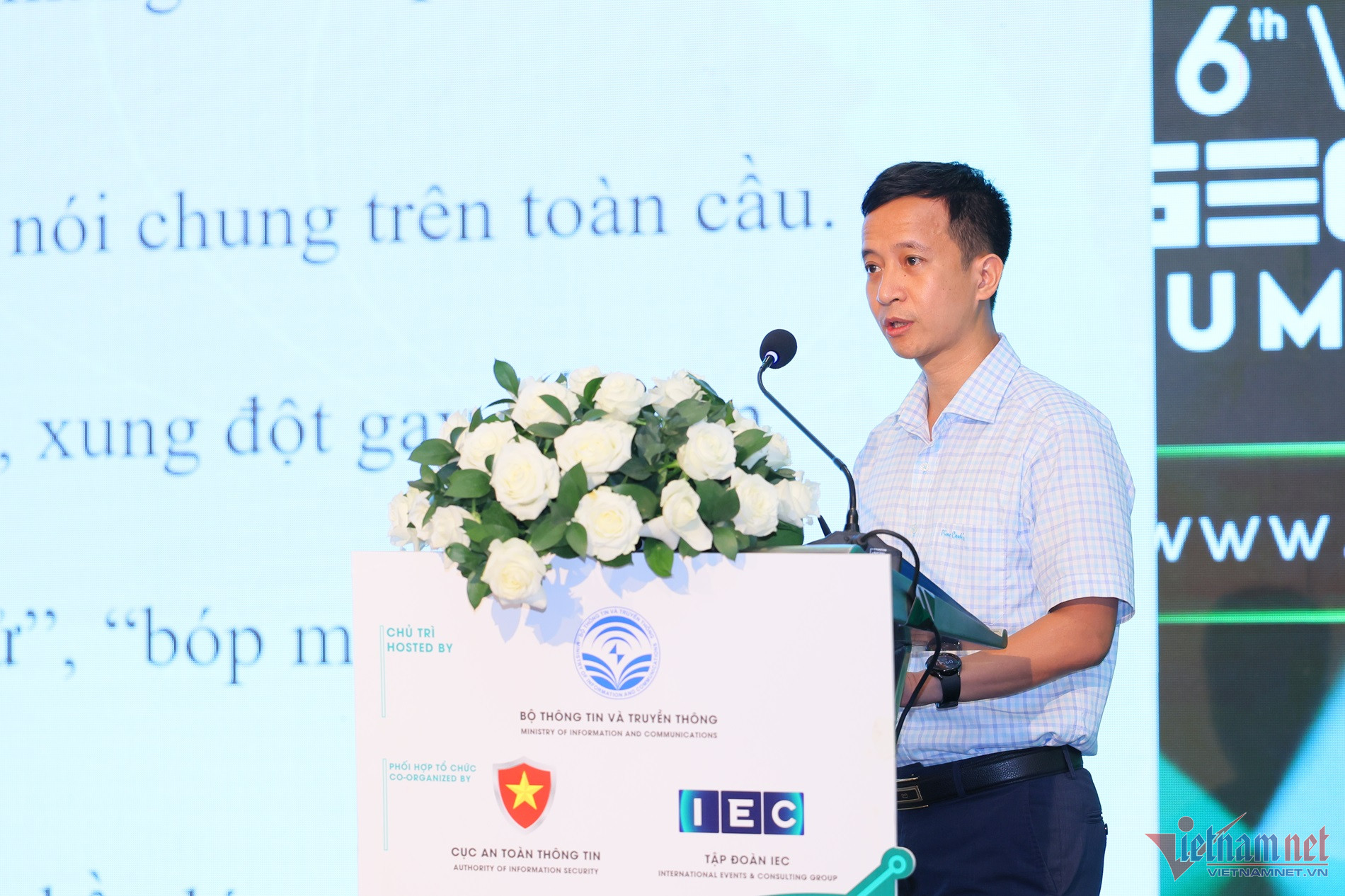
According to Lieutenant Colonel Nguyen Anh Tuan - Deputy Director of the National Population Data Center, Department of Administrative Police for Social Order (Ministry of Public Security), in terms of society, AI raises concerns about privacy infringement; AI is exploited to discriminate against race, class, gender, ethnicity, causing more intense conflicts and contradictions; Providing false information, swapping concepts, changing history, distorting the truth, causing public opinion disturbance, affecting education and culture.
As someone who works directly with data, Mr. Nguyen Tuan Anh shared, "Although Vietnamese ministries, departments and branches have developed their own data sources for professional work, the synthesis, exploitation and evaluation still have many limitations, especially the accuracy and completeness are almost not guaranteed". Meanwhile, the AI system only works well when there is good input data. If the input data is incorrect or inaccurate, it will lead to inaccurate AI analysis results or lead to "discriminatory" and unfair predictions.
In terms of law and policy, according to statistics at legalnodes.com, about 33 countries have drafted legal documents on AI but are still limited and do not have a common set of comprehensive AI standards. Countries are divided into two schools: amending current laws and integrating AI into each field; Issuing legal documents regulating AI in a comprehensive manner. Vietnam is at the approach level and does not have specific policies, legal documents, or institutions related to AI.
Regarding cyber security, all forms of cyber attacks today can apply AI to increase the attacker's initiative, causing more serious damage. There are forms of attack such as through malicious files, simulation, fraud, large-scale denial of service attacks, through machine learning. Currently, in addition to the Internet network system, ministries, departments, branches and localities all have their own networks. There have been attacks, unauthorized access and AI can be applied to increase the scale and level of attacks.
Using AI to mitigate AI risks
Through the actual management and implementation of the National Population Database, the representative of the Ministry of Public Security proposed three solutions to minimize AI risks.
Firstly, promptly complete the legal corridor on AI to anticipate the trend, issue documents regulating ethics in the process of developing, producing, and applying AI such as protecting privacy, personal data, and human rights of domestic and foreign units.
According to Mr. Nguyen Anh Tuan, "Vietnam has a Decree on personal data protection, but its practical application has not met the requirements for ensuring data security and safety." Therefore, he proposed having a data law or a law on personal data protection. In addition, there should be clearer regulations on AI-related crimes, and specific standards on connection, sharing, and exchange platforms related to AI.
Second, research and apply AI projects to combat AI risks. AI is created by humans and is a product of knowledge, so there will be variations of “good AI” and “bad AI”. To prevent the development of AI, AI itself can be used.
Third, AI development must go hand in hand with cybersecurity and information security issues to avoid attacks and control hijacking that can cause serious consequences. The level of concern for information security among units is not adequate.
For the Department of Administrative Police for Social Order, it is necessary to maintain security and safety for systems, perform good preparation, regularly back up and restore data, and periodically organize incident response drills to be ready to deal with intentional AI attacks.
Strengthen monitoring and supervision of the connection process and information sharing with units to promptly detect unusual behavior and violations of regulations on personal data protection during information exploitation and processing.
Finally, build and apply AI in log monitoring, network traffic analysis, combining machine learning and natural language to increase accuracy when making troubleshooting decisions.
Source: https://vietnamnet.vn/dung-chinh-tri-tue-nhan-tao-de-giam-thieu-rui-ro-cua-ai-xau-2286230.html





![[Photo] Prime Minister Pham Minh Chinh chairs meeting to discuss tax solutions for Vietnam's import and export goods](https://vstatic.vietnam.vn/vietnam/resource/IMAGE/2025/4/10/19b9ed81ca2940b79fb8a0b9ccef539a)

![[Photo] Phuc Tho mulberry season – Sweet fruit from green agriculture](https://vstatic.vietnam.vn/vietnam/resource/IMAGE/2025/4/10/1710a51d63c84a5a92de1b9b4caaf3e5)


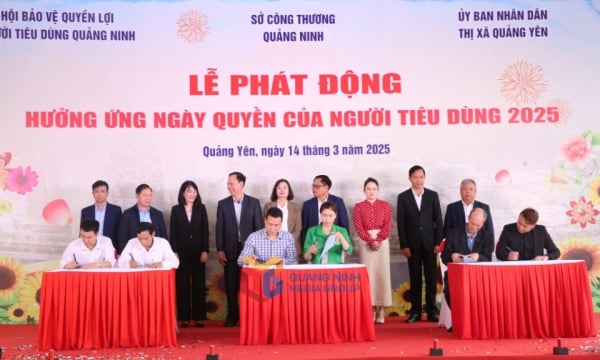



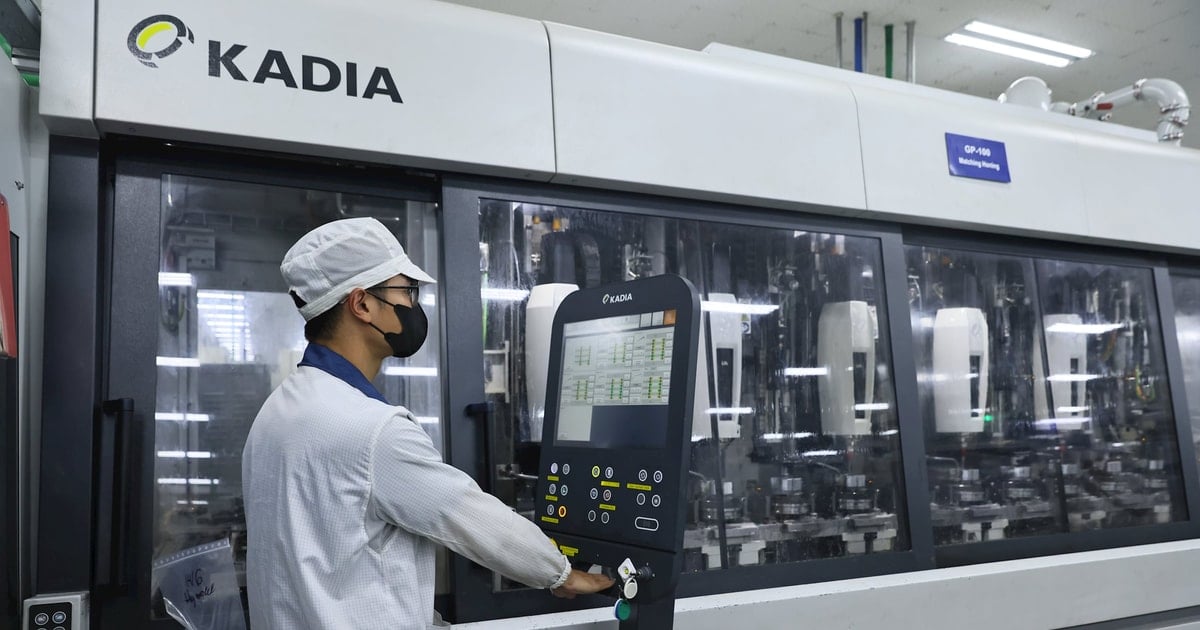


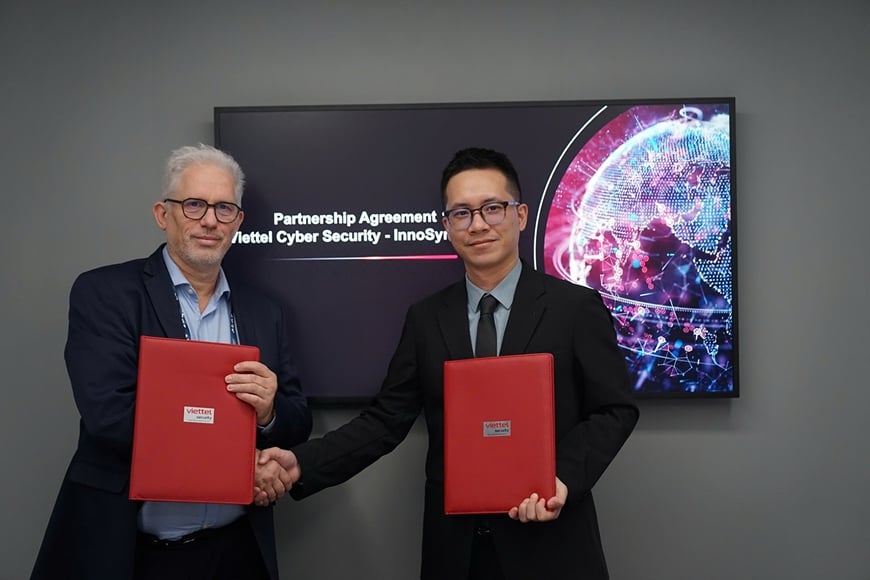


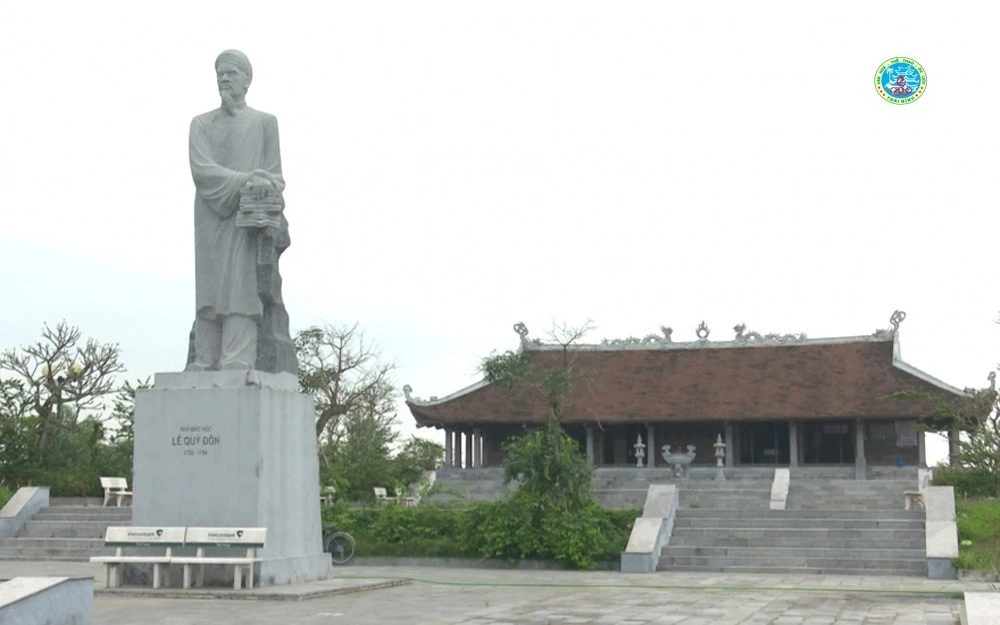



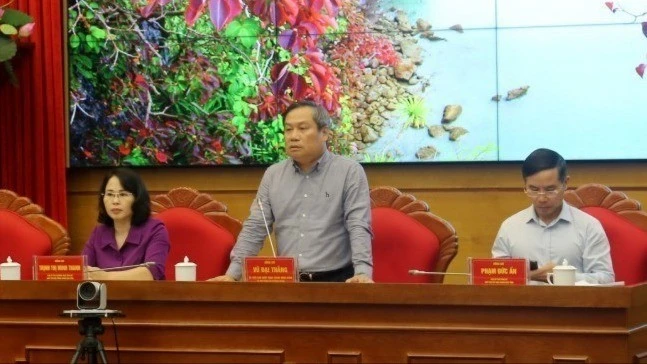







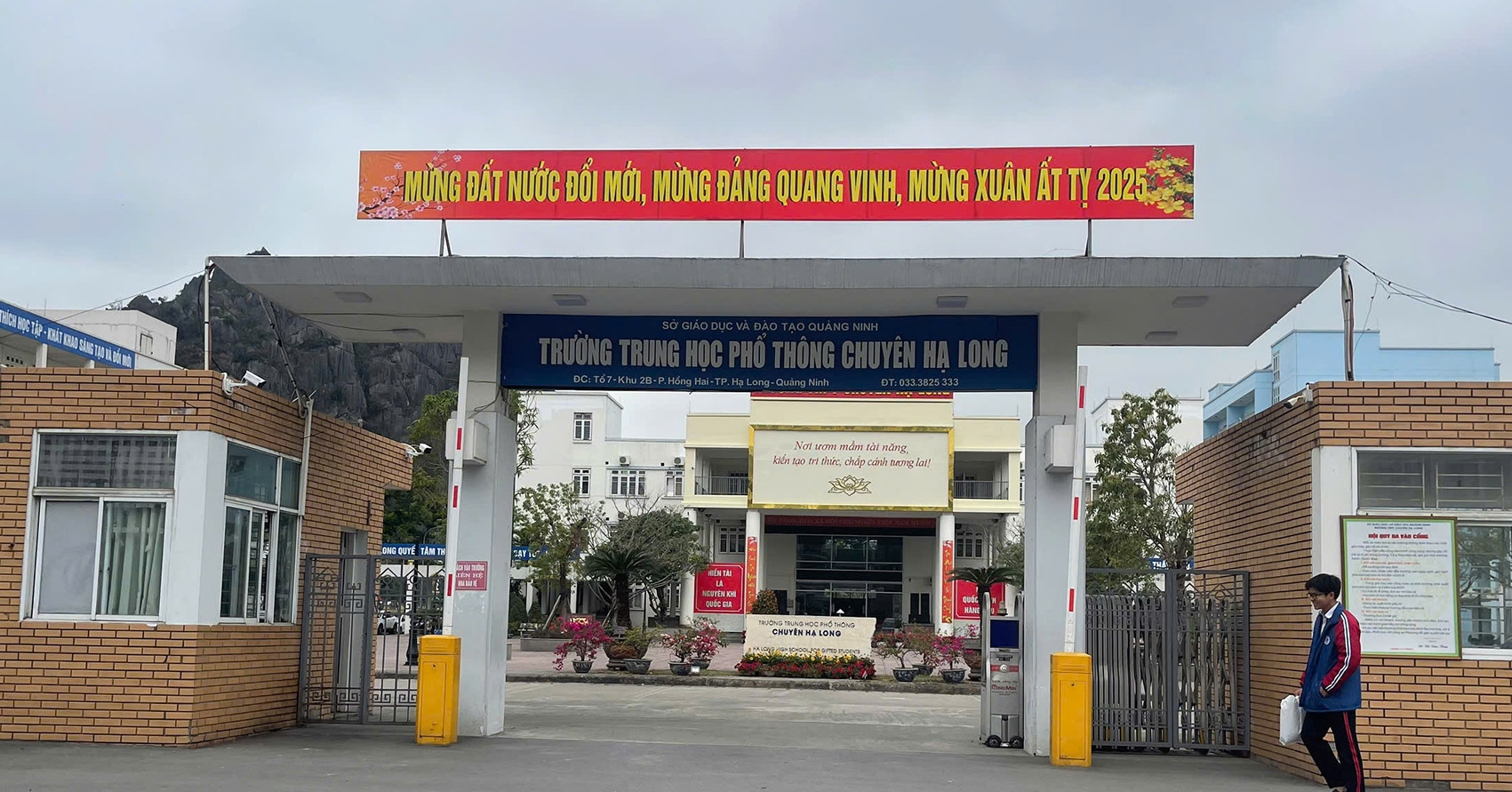
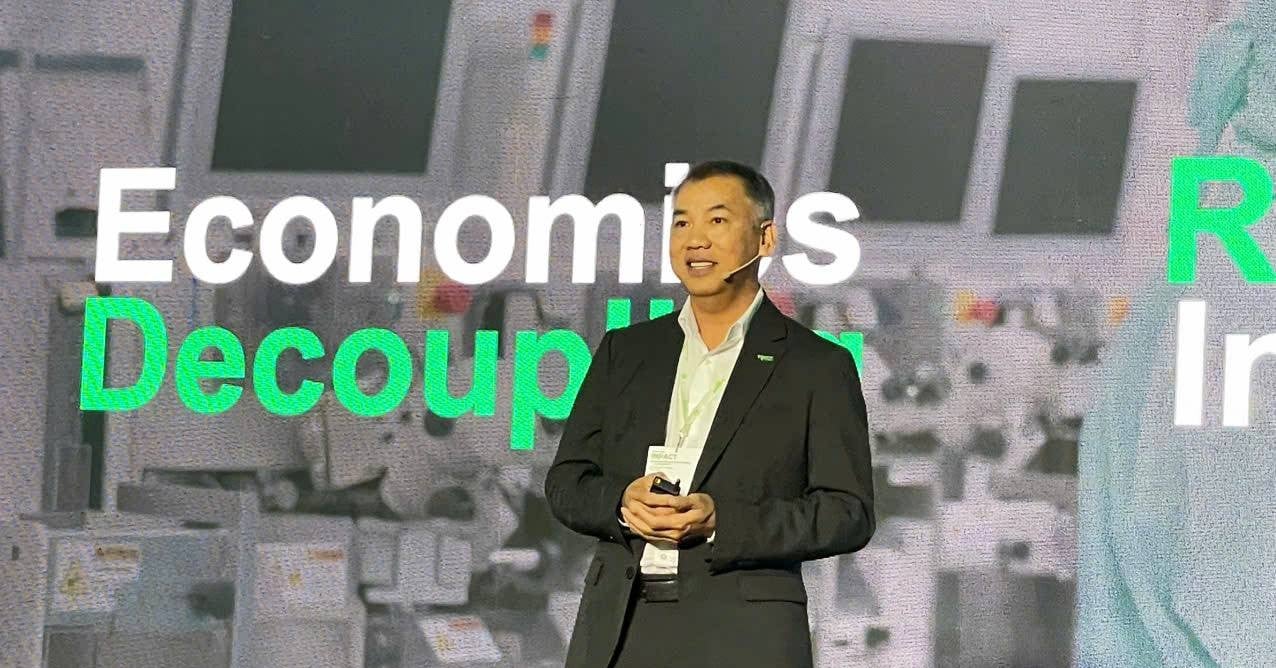
![[Photo] Unique folk games at Chuong Village Festival](https://vstatic.vietnam.vn/vietnam/resource/IMAGE/2025/4/10/cff805a06fdd443b9474c017f98075a4)













































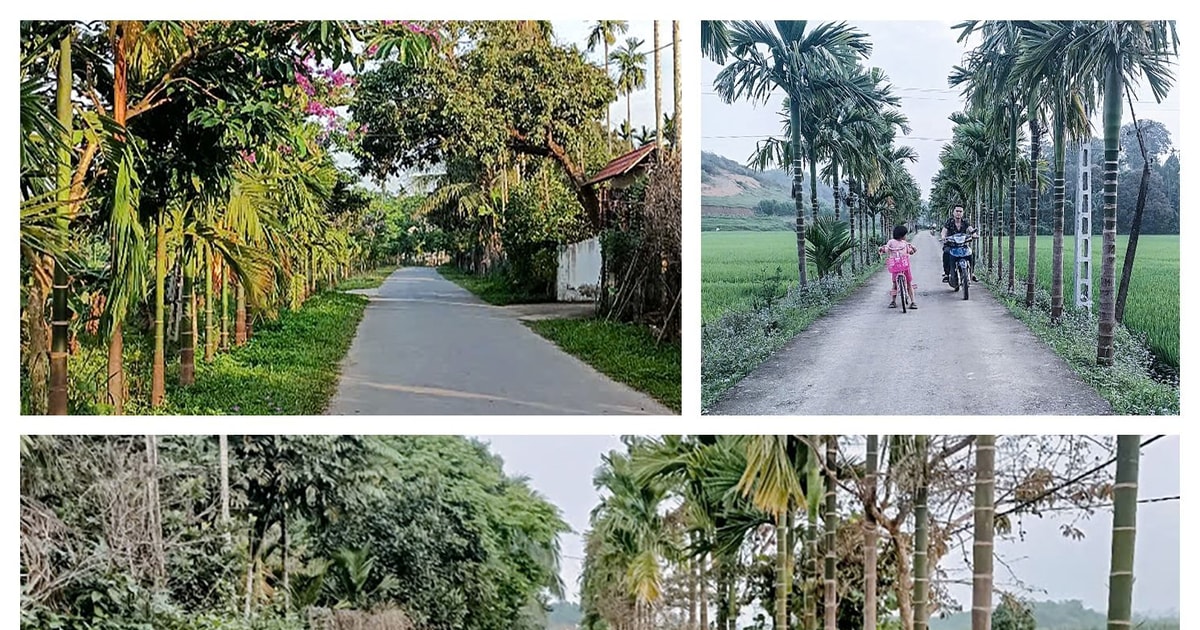



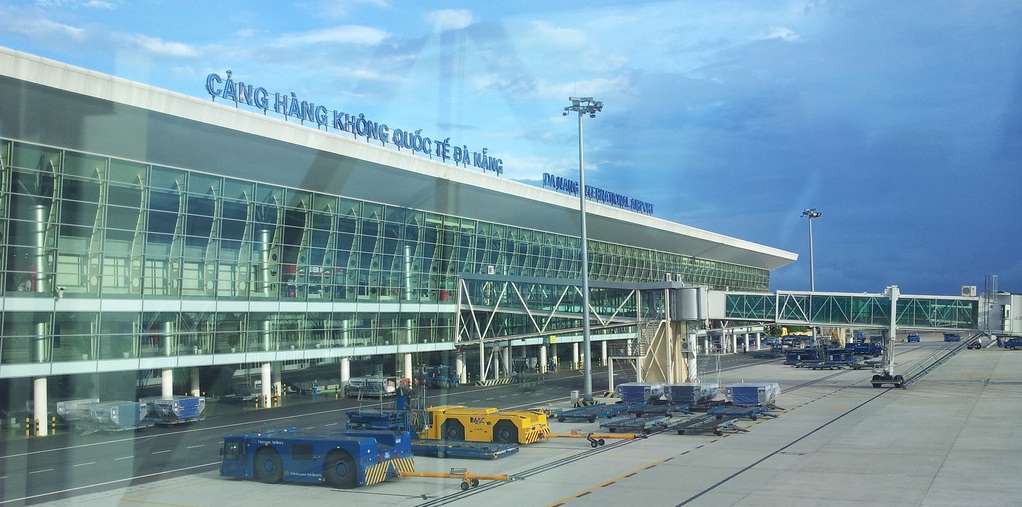
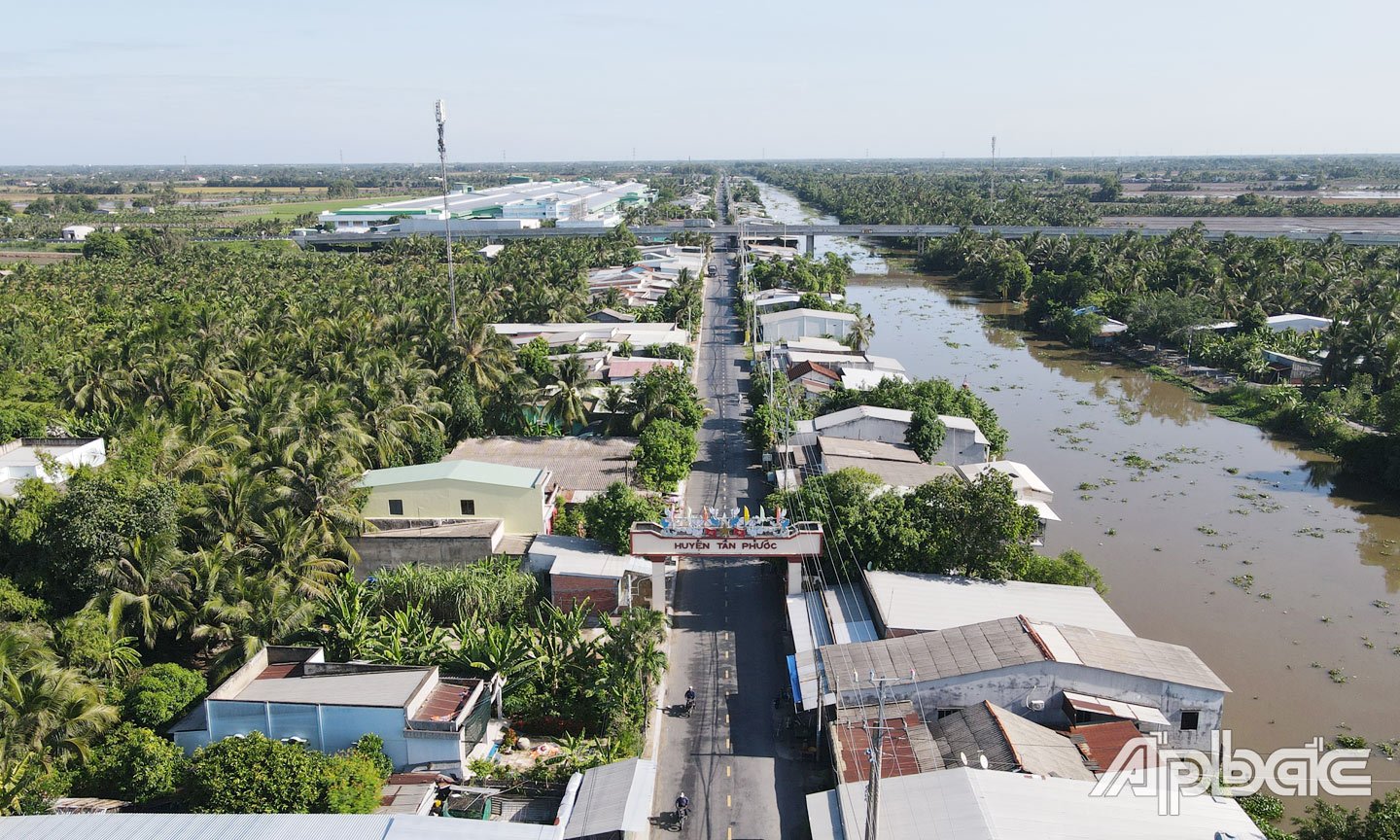











Comment (0)